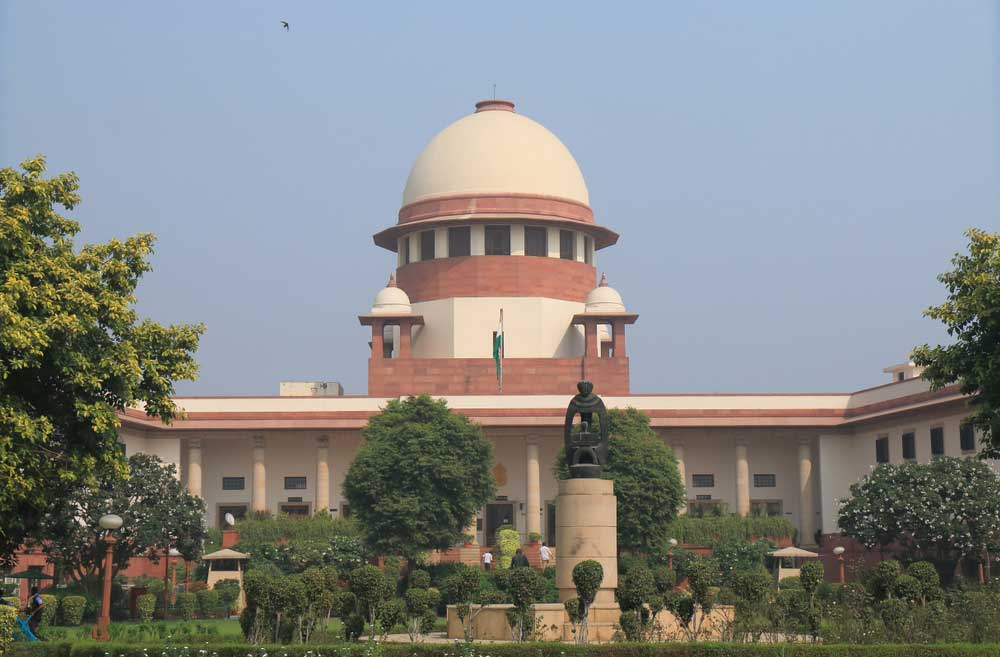The Supreme Court has ruled that a person can claim to be the owner of a temple only if the claimant is able to prove that the shrine had been built with private funds and the priests performing the pujas are related by blood.
In the absence of such evidence, such a temple would be deemed to be a public temple open to all and its management would vest with the government concerned.
The court dismissed appeals filed by two pujaris while ruling that the Madhya Pradesh government had absolute rights over the control and management of the Shri Ram Mandir, Indoukh.
“In the present case, no evidence has been adduced to show that the temple belonged to one family and that there was blood-relation between the successive pujaris,” a bench of Justices R. Banumathi and R. Subhash Reddy said in a recent judgment.
“If the temple was a private temple, the succession would have been hereditary and would be governed by the principles of Hindu succession i.e. by blood, marriage and adoption. In the case in hand, succession is admittedly governed by guru-shishya relationship. Each pujari is not having blood relation with his predecessor pujari. When the pujariship is not hereditary, as rightly held by the high court, Shri Ram Mandir cannot be held to be a private temple.”
Two pujaris of the temple, Ram Das and Bajrang Das, had challenged the concurrent findings of Madhya Pradesh High Court and a district court, which both took the view that the temple was a public shrine and the suit property was vested in the deity.
They also held that Ram Das and Bajrang Das were only pujaris, not the mahant-manager of the temple.
The two had claimed they were the owners of the temple handed over to them over generations and were traditional pujaris and, since it was a private property, the state government could not alienate the property and its land for sale or lease.
The top court rejected their contention, noting that since 1975, documents placed before it by the government indicated that it was public land and that the government had appointed the pujaris.
“Considering the evidence and the fact that Bajrang Das himself has been appointed as pujari by the state, the first appellate court and the high court rightly held that Shri Ram Mandir is a public temple.”










